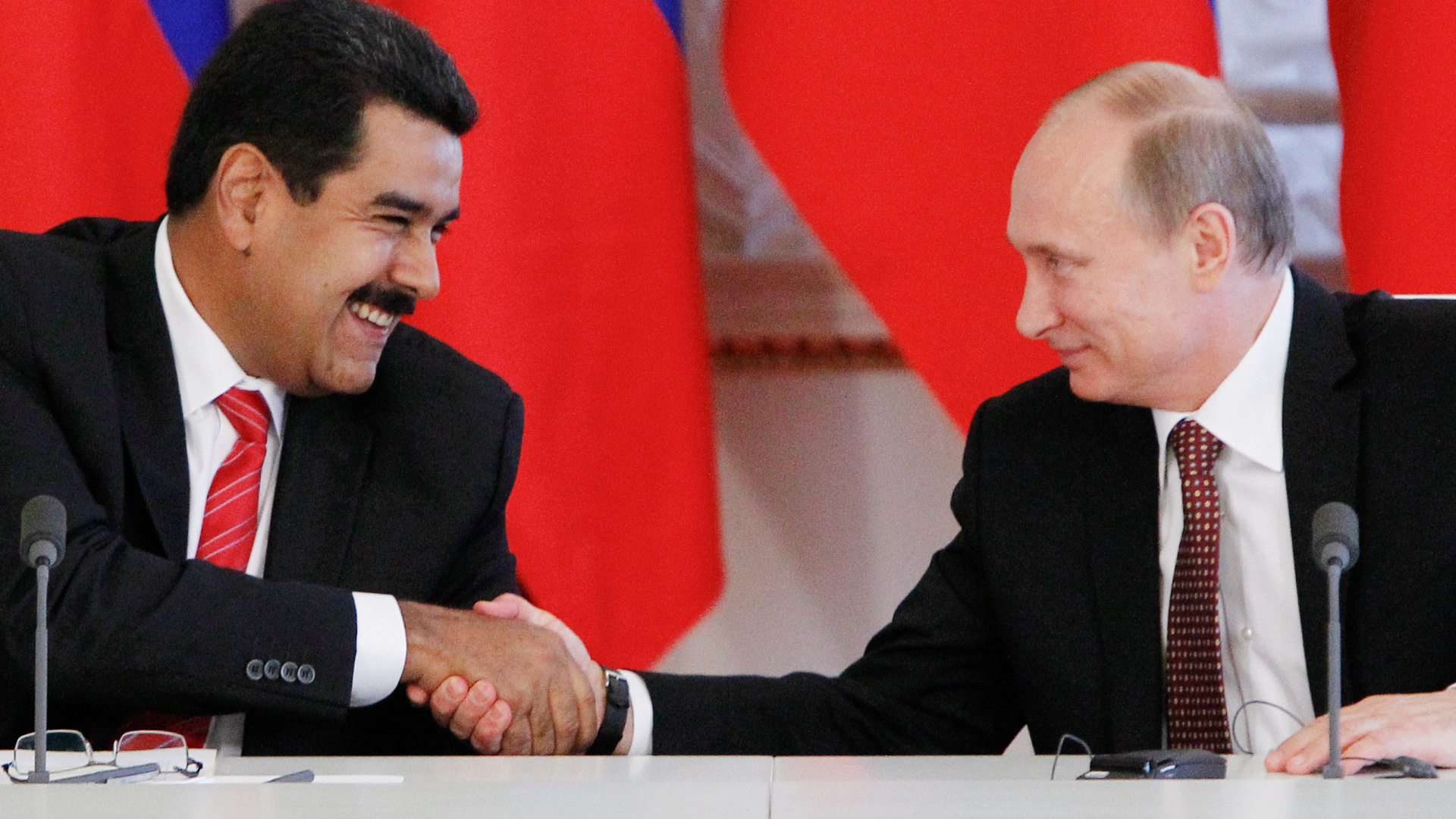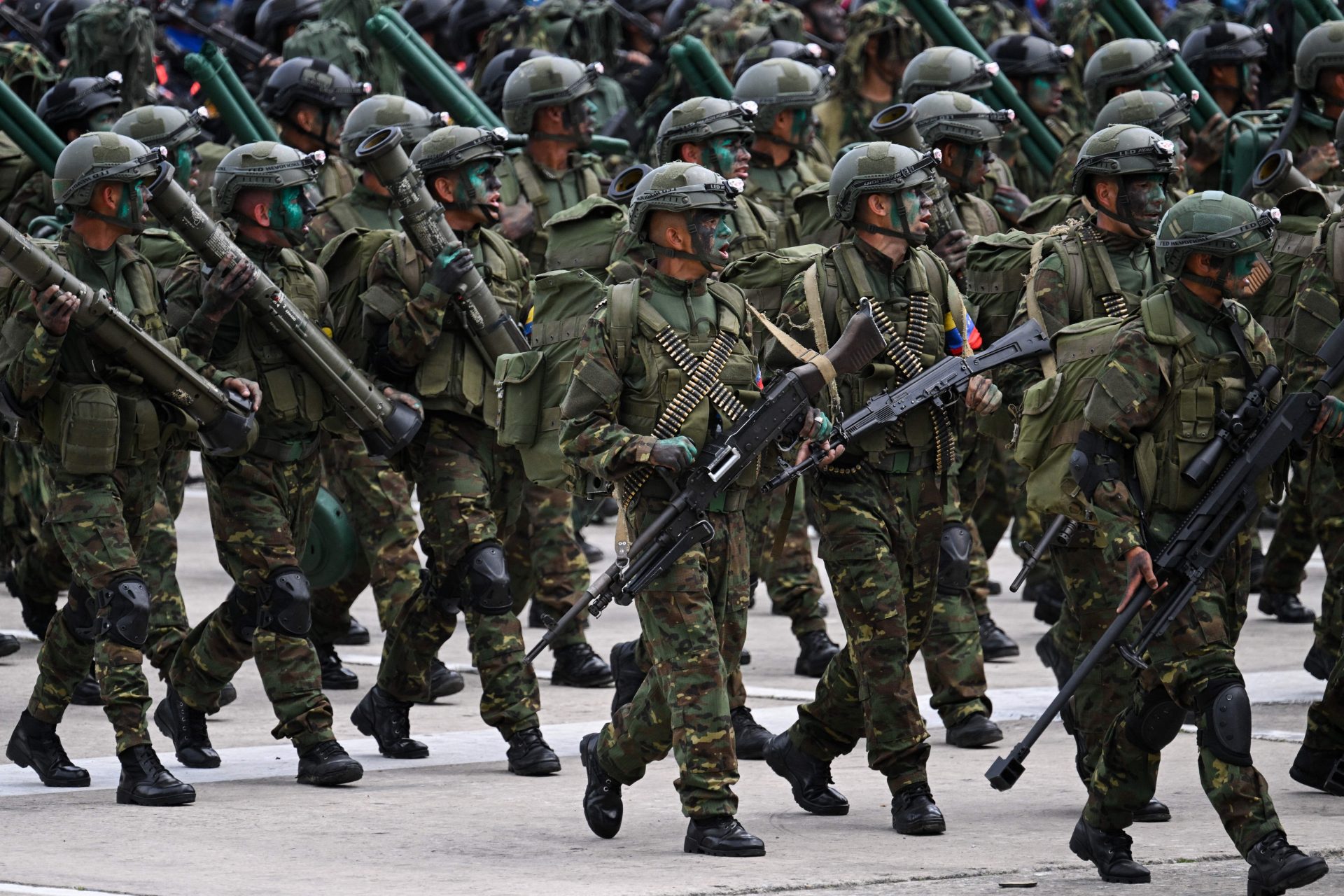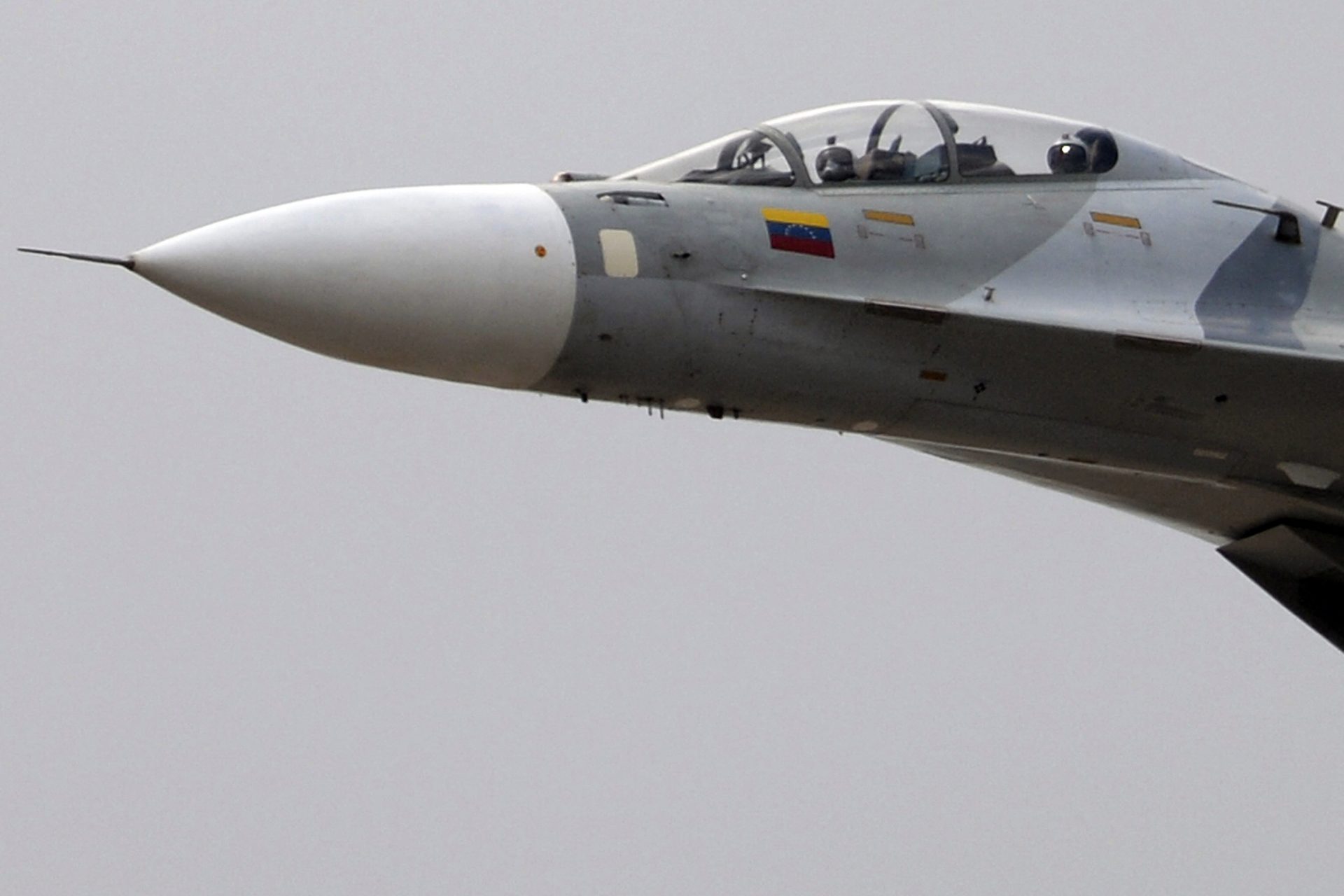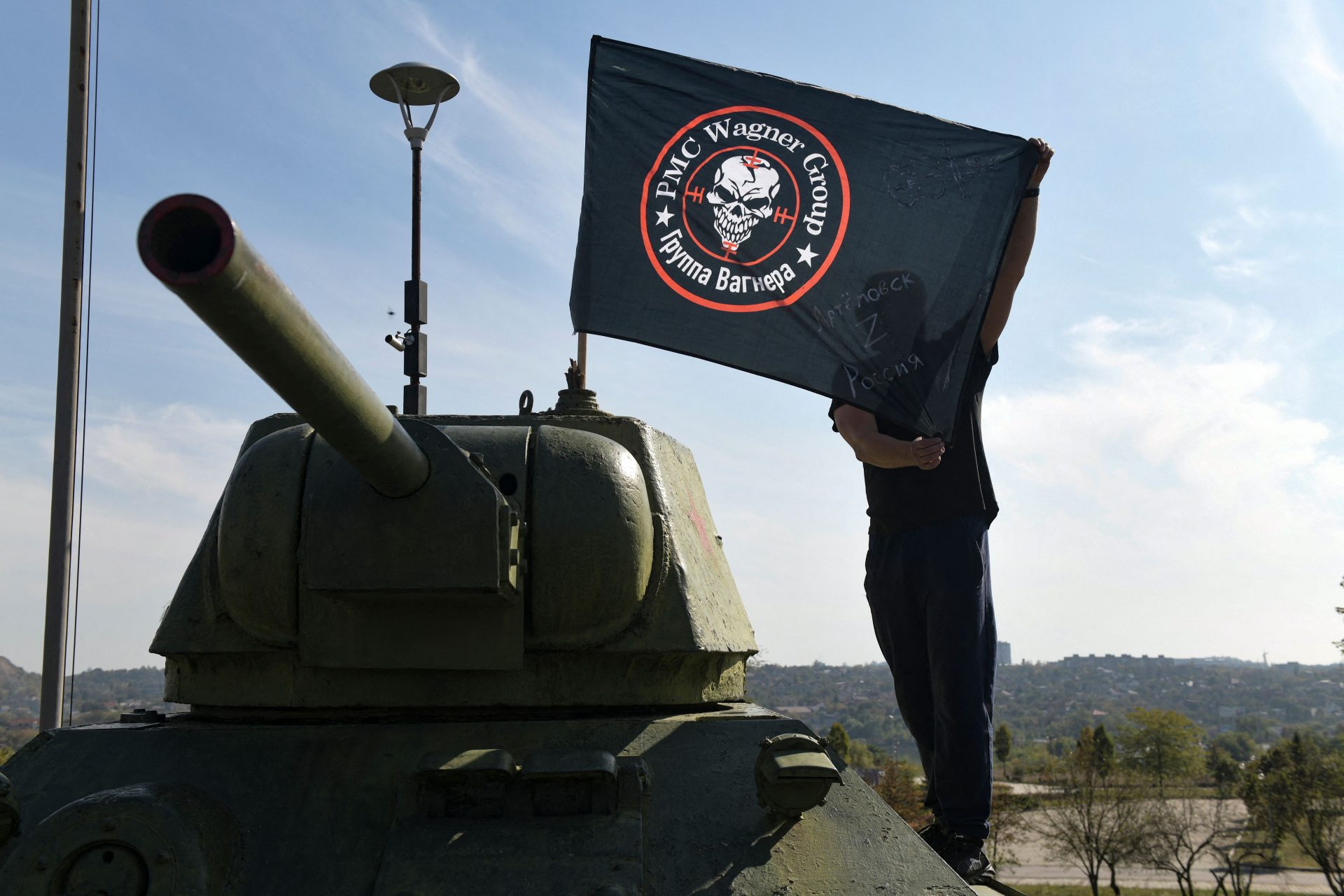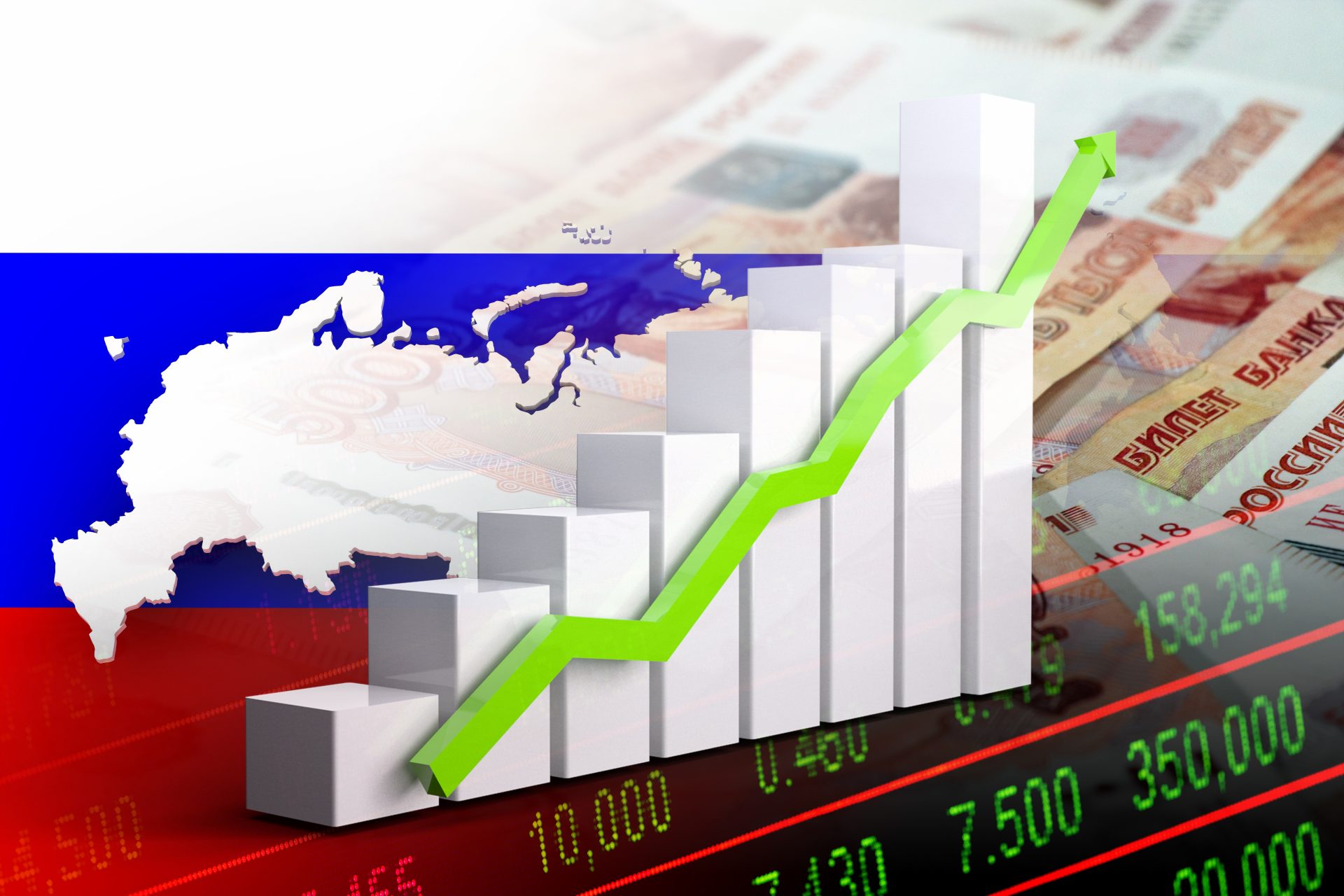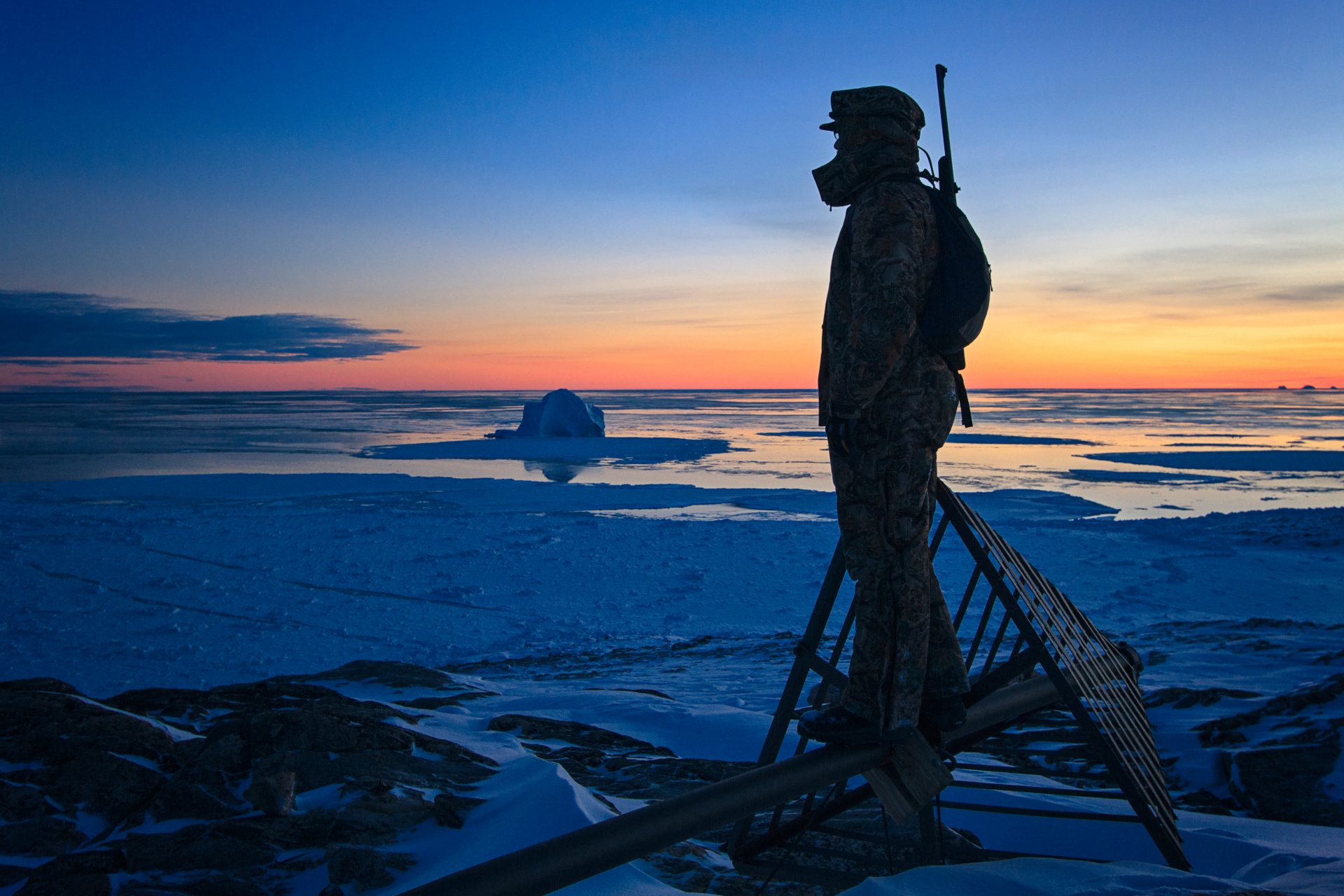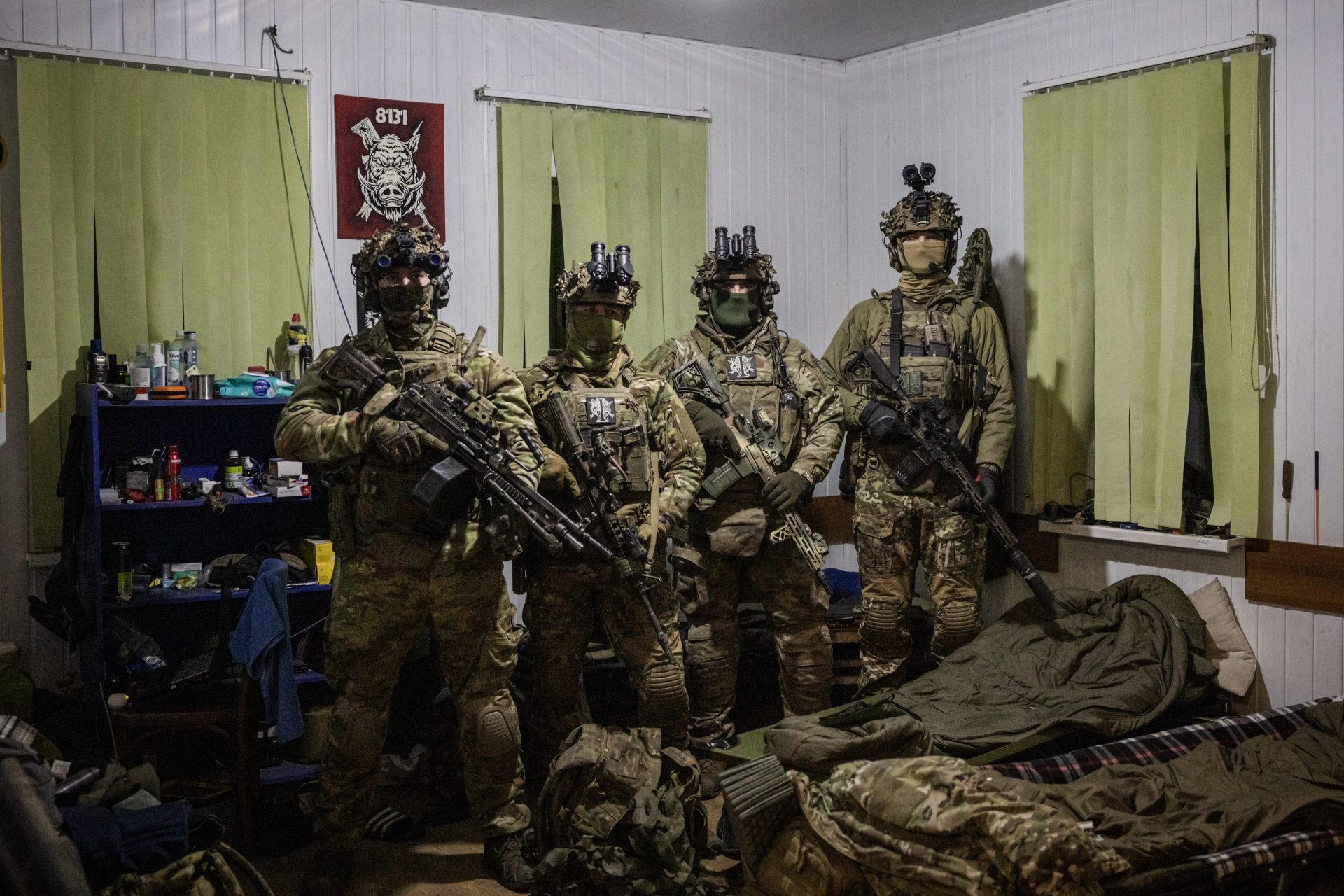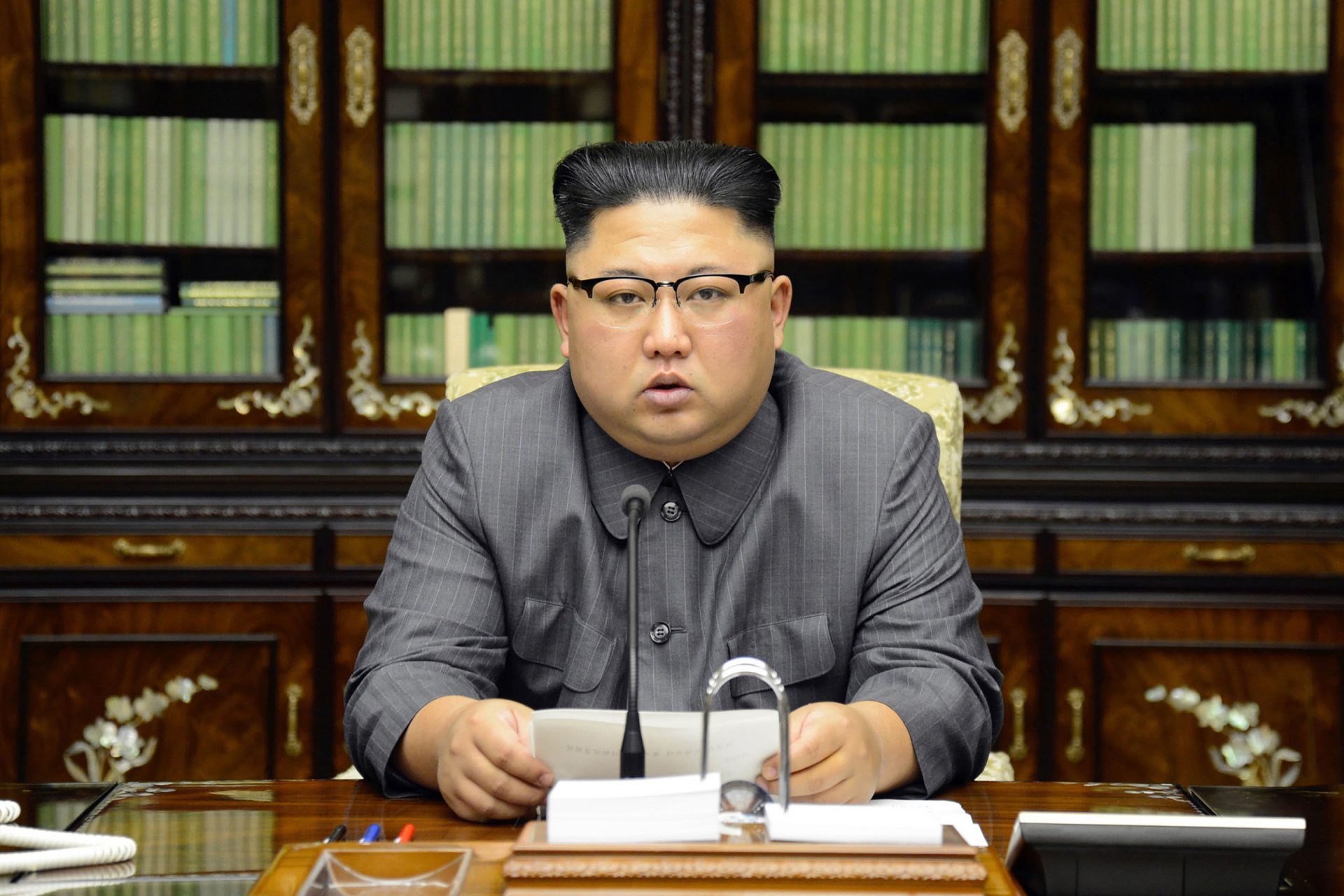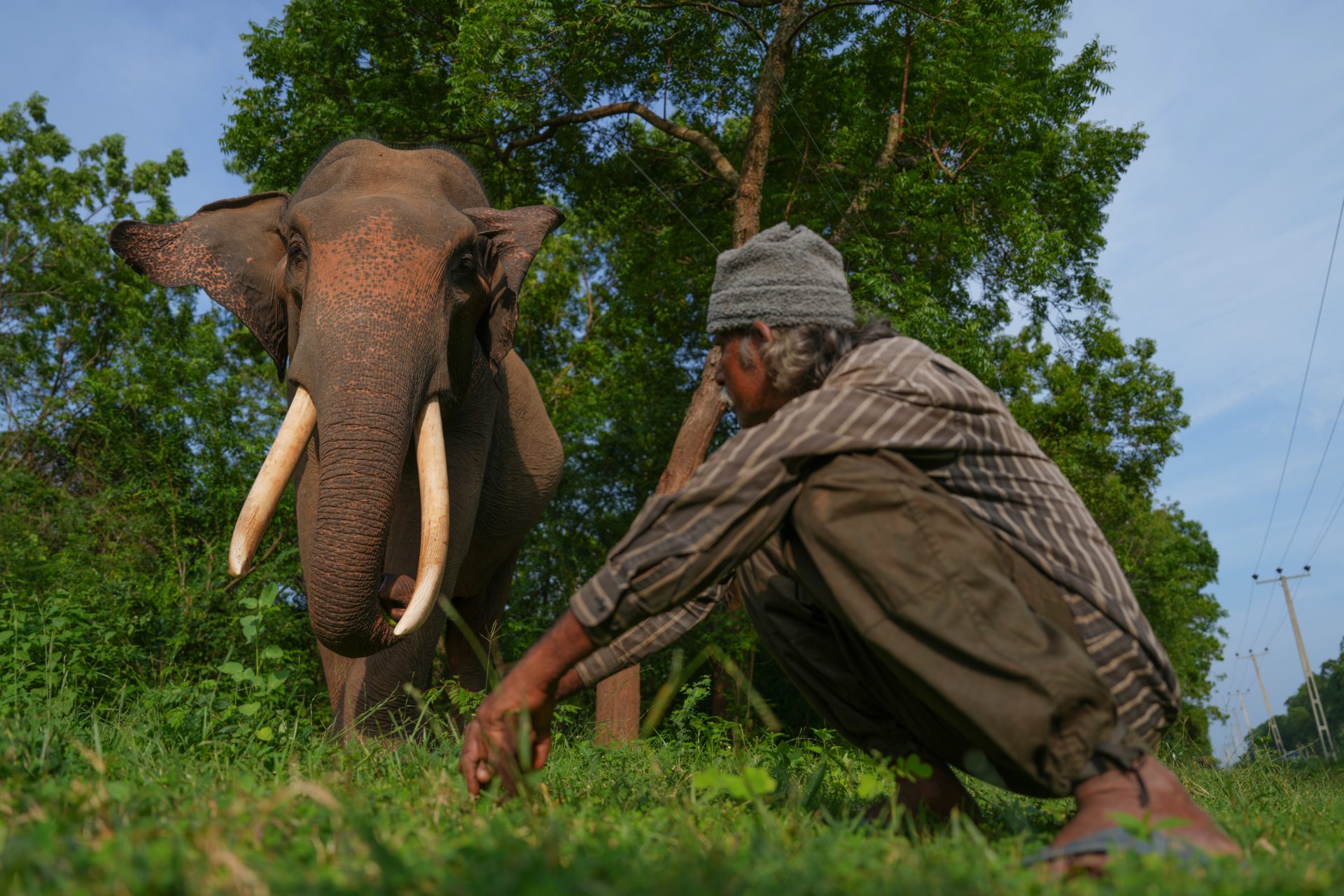What's hiding behind the alliance between Russia and Venezuela?
Russia looks isolated, especially if you look at Moscow from Washington or Brussels. The backlash to the invasion of Ukraine has turned the Kremlin into an international pariah. However, Moscow still has a couple of allies around the world.
Located in northern South America, Venezuela is probably Russia's most important ally in Latin America, after Cuba and Nicaragua.
The Venezuelan Armed Forces, for example, have adopted the Kalashnikov rifle and since the 2000s there have been plans to build a Russian weapons factory in the country, according to the Venezuelan newspaper Tal Cual.
The BBC explains that the Kremlin's help to the Bolivarian Government does not end with rifles: Russian-made tanks and artillery have proven vital to modernize the equipment of the Venezuelan Armed Forces.
The Su-30Mk2 fighters, considered one of the most powerful combat aircraft today, are an example of how deep and extensive Russian help has been for the Venezuelan military.
Reuters claims that mercenaries from the Wagner group flew to Caracas in 2019 to guarantee the security of president Nicolás Maduro, during the constitutional crisis led by Juan Guaidó.
Military cooperation is not the only thing that unites Moscow and Caracas. The Spanish newspaper El País points out that, since the sanctions imposed on Russia for the invasion of Ukraine in 2022, Venezuela has become a tropical hotpost for Russian tourists.
The Spanish news agency EFE highlights that, between 2021 and 2023, more than 24,000 Russian tourists had visited the Venezuelan island of Margarita on charter flights promoted by the local Ministry of Tourism.
After all, both Vladimir Putin and Nicolás Maduro have to face similar international pressure, from criticism by human rights organizations to economic sanctions from the United States and several European nations.
At the diplomatic level, Moscow and Caracas have provided support to each other while antagonizing the United States and the European Union, and its allies around the globe.
The Venezuelan government, for example, is one of the few in the world to recognize Abkhazia and South Ossetia, breakaway states from Georgia generally seen as extensions of the Kremlin in the Caucasus.
The German news agency DW highlights that the Kremlin is one of Venezuela's main creditors, lending the Bolivarian Government some 17 billion US dollars between 2006 and 2023.
The close relationship between Venezuela and Russia began in the early 2000s, with the rift between Caracas and Washington after the arrival to power of Hugo Chávez in 1999.
Throughout the Government of Hugo Chávez, dozens of bilateral conventions were approved between Caracas and Moscow, including the possibility of building a Russian-made nuclear power plant in Venezuela.
However, an anonymous informant in Caracas explained to the BBC that the dreams of the Caracas-Moscow axis were fading at the same time that the Bolivarian Government faced inflation and liquidity problems, making payments more erratic.
Despite everything, the Governments of Nicolás Maduro and Vladimir Putin maintain a strong and unshakable partnership, like the regimes in their respective countries.
More for you
Top Stories



